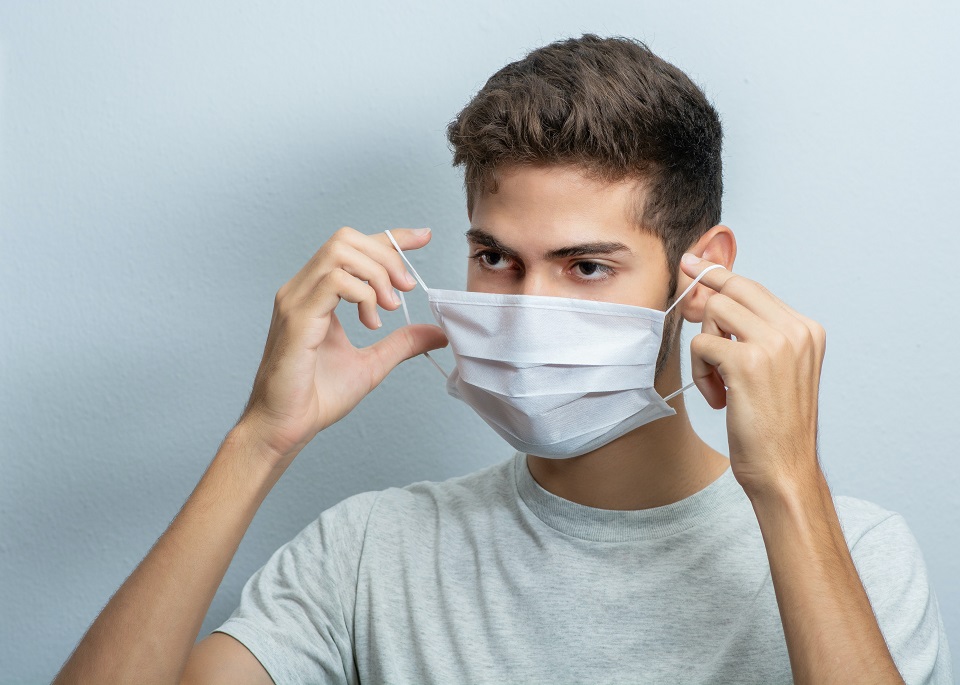While the whole country is alarmed by the second wave of Covid-19, there is a new proof of coronavirus being transmitted predominantly through the air. Earlier studies pointed out that the coronavirus is spread largely through aerosols (respiratory droplets), but now there is strong evidence proving otherwise. So what implications does it have on safety protocols?
Moreover, Covid-19 second wave has proven to be much worse than the first one. It’s substantially because we stopped caring for protocols, and the virus has developed mutations. As per reports, the second wave has reported 3 modified infection symptoms- pink eyes, hearing impairment, and gastrointestinal symptoms. The intensity of the pandemic has increased in the second wave and is spreading faster than last time.
Whereas people are seen clubbing, partying, and doing get-togethers, crowding up with masks down, feigning to be oblivious of the seriousness of the disease. The apathy is a little frightening. People are obligated to understand that even if you are vaccinated, you are not supposed to roam around like you are invincible.
And now a recent study published by The Lancet reveals strong evidence that Covid-19 causing SARS-CoV-2 virus which was thought to spread through droplets, is primarily an airborne pathogen.
The researchers claimed that the spread of coronavirus is higher indoors as compared to outdoors and silent transmission (pre-symptomatic or asymptomatic) from people who are not coughing or sneezing indicated the virus is airborne.
Also, the long-range transmission of SARS-CoV-2 between people in adjacent rooms but never in each other’s presence has been observed in quarantine hotels, substantiating its spread (droplet to airborne) in a spectrum.
What do they mean by ‘Airborne Transmission’?
In case of the virus spread by air, there is no need for the person to come directly in contact with air droplets but that person could get affected by mere inhalation of the respiratory droplets delivered by an infected individual by sneezing, coughing, speaking, or shouting.
Since it’s apparent that Covid-19 doesn’t spread only through aerosols; maintaining physical distance, cleaning surfaces, and employing physical barriers may not advocate restricting transmission.
Studies also gave prominence to the use of ventilation as a crucial protocol as the smallest droplet could remain in the air for hours and cause the virus if inhaled.
The following airborne control measures must be followed to prevent inhalation of aerosols:
- Wear masks both indoors and outdoors
- Check the quality of the mask and fit
- Limit spending time indoors
- Install air filters
- Proper Indoor ventilation
- Avoid crowding
- Ditch cloth masks
Wearing masks and obeying safety protocols should be every person’s responsibility in the ambit of public safety. Please stay at home, and don’t be conveniently blind to the crisis.


















